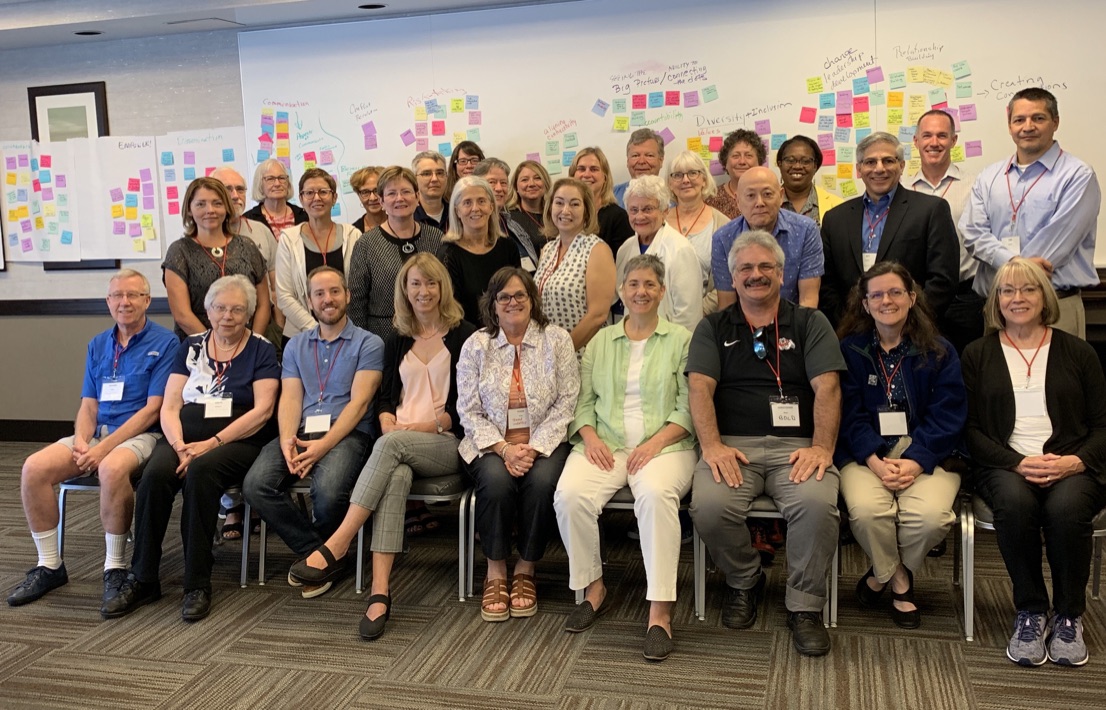
Dr. Kezar Facilitates ‘Building Leadership Capacity’ Workshop in Denver
Adrianna Kezar, professor for Higher Education at the University of Southern California and director of the Pullias Center for Higher Education, helped facilitate an important workshop in Denver earlier this month. The event brought together positional leaders to reflect on their experience as well as current leadership development literature to define a set of distinctive competencies required to lead scalable and sustainable systemic institutional change in education geared towards improving student success outcomes in STEM, with a specific focus on the subject of biology. The workshop was funded by a National Science Foundation grant.
“There is an increasing need for building campus leadership capacity to facilitate systemic change initiatives that improve undergraduate education outcomes,” notes Kezar. “Through this workshop and ongoing efforts related to this grant, we are working towards building leadership skills in order to improve STEM education so that it supports the success of underserved students and looking at ways to eliminate the equity gaps between these students and those with more advantaged backgrounds.”
In addition to Dr. Kezar, the workshop was planned and facilitated by Susan Elron, provost and executive vice chancellor for academic affairs at the University of Wisconsin; Cynthia Bauerle, Dean of the College of Science and Mathematics at James Madison University; Judith Ramaley, President Emerita Portland State University, University of Vermont and Winona State University; and Gordon Uno, Former STEM Department Chair (for 15 years) for the University of Oklahoma.
The event was attended by over 30 experienced positional leader-practitioners and researchers who have been involved in systemic change efforts in STEM. The group collaborated to identify and define leadership competencies that contribute to implementing, scaling, and sustaining campus change initiatives. This was followed by outlining the leadership resources that would facilitate the development of these competencies.
The developed resources will be made widely available through publication for leadership development programs offered through higher education associations and other organizations. This will help promote the development of leaders who can more effectively implement, scale and sustain institutional change efforts geared towards the goals for improved STEM education outcomes, including access, persistence, and graduation of underrepresented minority students, partnering with business/industry, and improved quality.